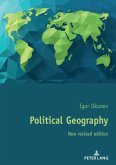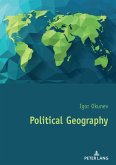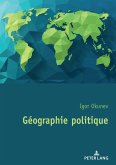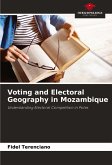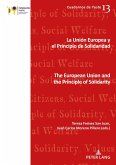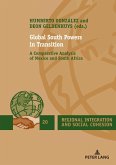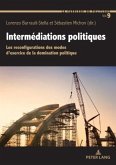Electoral geography is the study of the spatial dimension of the electoral process. It examines the factors and patterns underlying long-standing ideological and political splits in society and their territorial diff erences, as well as the political activity of voters and their voting habits by administrative and territorial unit, constituency and district. This book conceptualizes and operationalizes the phenomenon of geographic favouritism and spatial disproportionality in electoral and party systems. Spatial statistical analysis and geoinformation modelling are used to develop algorithms for assessing the role of space in the electoral behaviour of citizens. This monograph is aimed at researchers in political science, electoral sociology and election law, as well as political consultants. It can also be used as a teaching aid in a specialized university course on electoral geography.
Bitte wählen Sie Ihr Anliegen aus.
Rechnungen
Retourenschein anfordern
Bestellstatus
Storno


